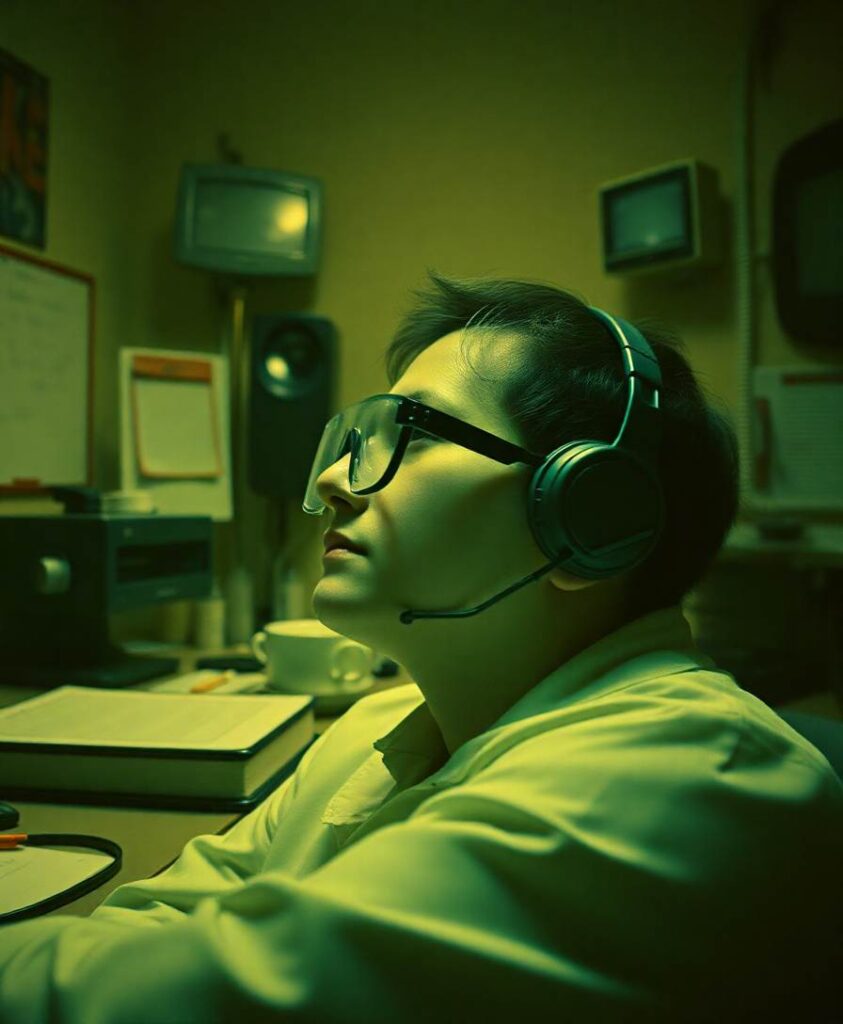Abstract
People working as a team can achieve more than when working alone due to a team’s ability to parallelize the completion of tasks. In collaborative search tasks, this necessitates the formation of effective division of labor strategies to minimize redundancies in search. For such strategies to be developed, team members need to perceive the task’s relevant components and how they evolve over time, as well as an understanding of what others will do so that they can structure their own behavior to contribute to the team’s goal. This study explored whether the capacity for team members to coordinate effectively can be related to how participants structure their search behaviors in an online multiplayer collaborative search task. Our results demonstrated that the structure of search behavior, quantified using detrended fluctuation analysis, was sensitive to contextual factors that limit a participant’s ability to gather information. Further, increases in the persistence of movement fluctuations during search behavior were found as teams developed more effective coordinative strategies and were associated with better task performance.


